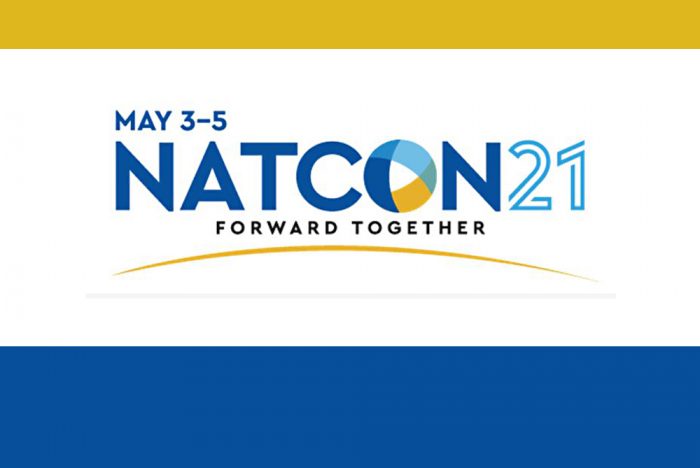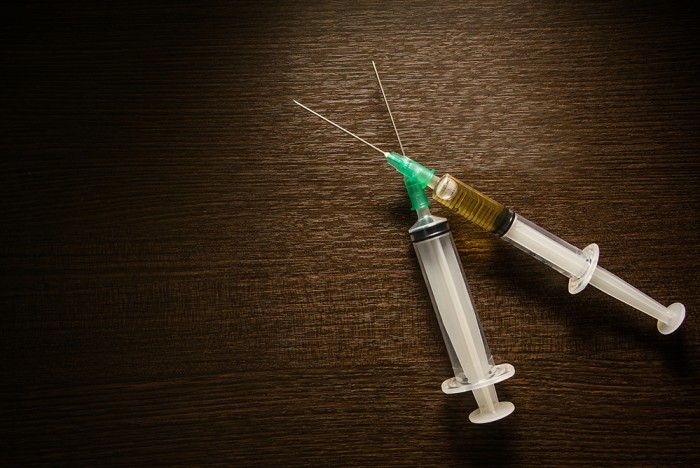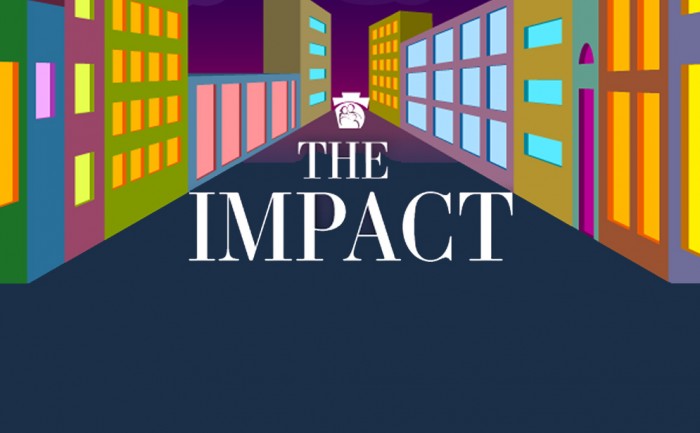2021 ASAM Criteria Skill Building Training Now Open for Registration
June 24–25, 2021 from 8:30 am–4:30 pm
This two-day application-focused training provides participants with an in-depth look at the theoretical foundations of the Criteria, including clinically driven services, bio-psychosocial assessment, the six dimensions, continued stay, and transfer/discharge criteria. Incorporating the use of the new edition of the American Society of Addiction Medicine (ASAM) Criteria, participants have opportunities for skill practice at every stage of the treatment process: assessment, engagement, treatment planning, continuing care, and transfer or discharge.
NHSC Substance Use Disorder Workforce Loan Repayment Program
To combat the nation’s opioid crisis, the Health Resources and Services Administration (HRSA) launched the National Health Service Corps (NHSC) Substance Use Disorder Workforce Loan Repayment Program. The program supports the recruitment and retention of health professionals needed in underserved areas to expand access to SUD treatment and prevent overdose deaths. Application Submission Deadline is Thursday, May 6, 2021, 7:30 pm ET.
















